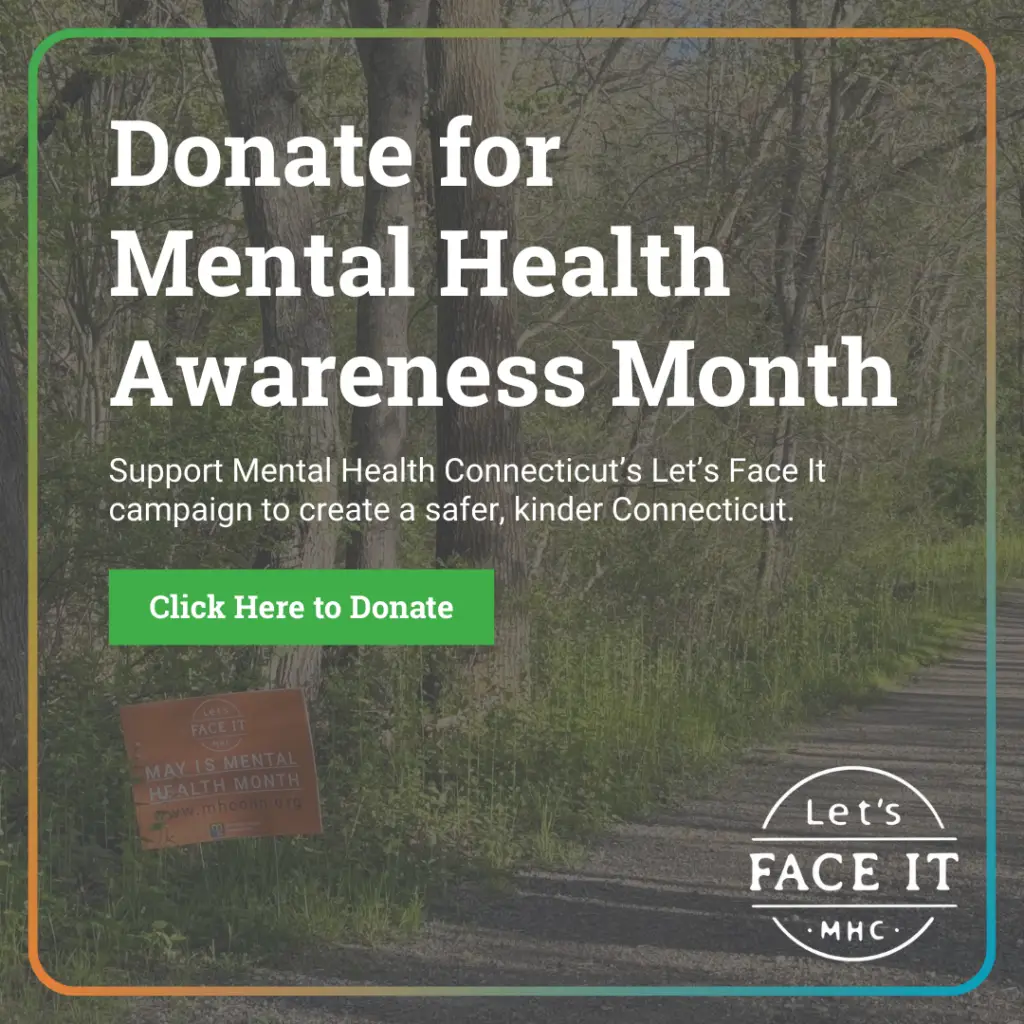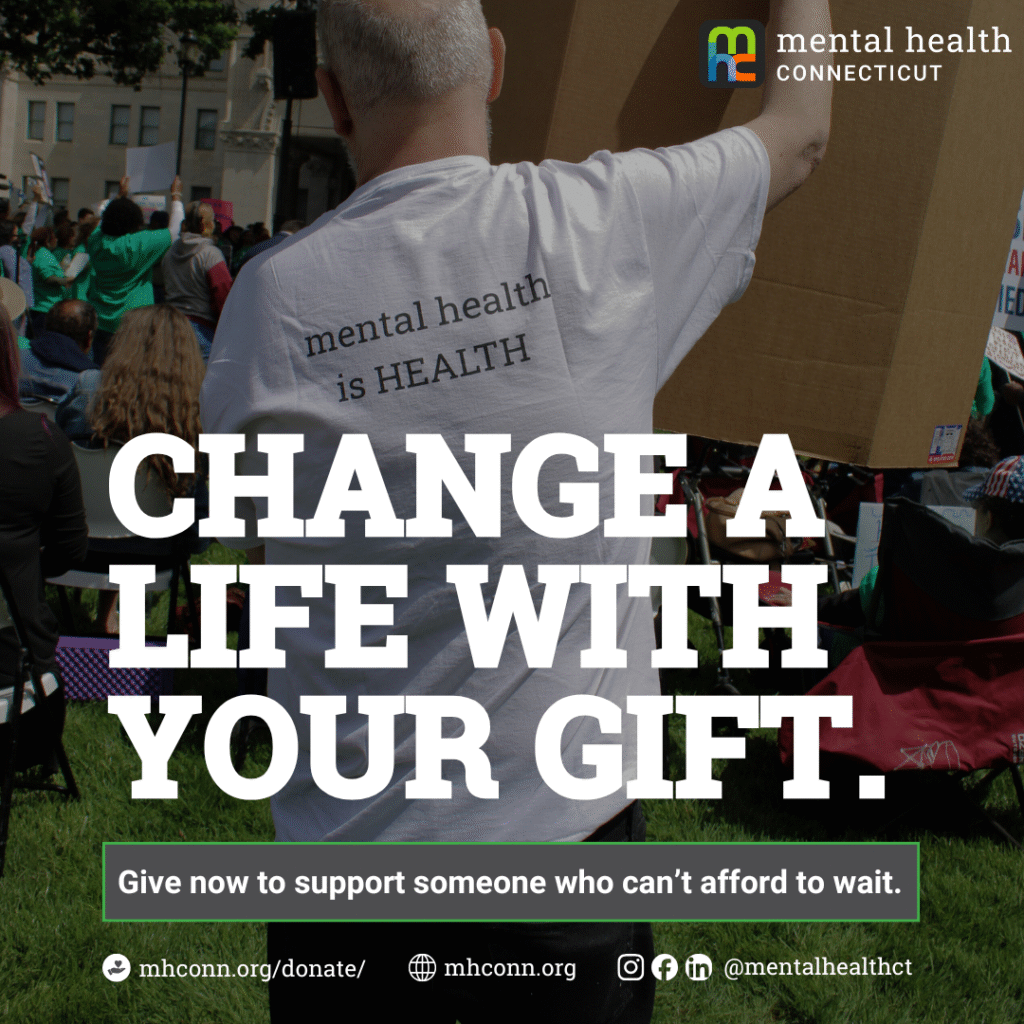By June Lawrence
There’s a quiet epidemic threading through the rhythm of your daily life. It rides shotgun on your morning commute, lingers in the blue haze of late-night screens, and hides behind your polite “I’m fine” replies. It’s stress—ordinary, unglamorous, but endlessly persistent. We’re not talking about dramatic breakdowns or Hollywood-style meltdowns, but the kind that drips slow and steady: the unreturned emails, the endless group chats, the quiet dread of that one coworker’s Slack ping. And if you don’t have a grip on it, it will eventually get a grip on you. So here’s a toolkit—not the whole manual, but seven sharp, usable strategies—to help you manage stress before it manages you.
Start by Shrinking the Problem
It’s easy to believe that everything is urgent. That somehow if you don’t reply right away, the whole system—your job, your household, your reputation—will collapse like a bad soufflé. It won’t. One of the simplest and most overlooked strategies is right-sizing your stressors. Not everything deserves a full-body response. When you catch yourself spiraling, ask: “What’s the smallest possible action I can take right now?” Text the doctor instead of booking the whole appointment. Sort your inbox for just today’s priorities. When stress feels like a 10-ton weight, break it into bricks.
Get Unreasonably Protective About Your Sleep
Sleep hygiene isn’t a trending topic for nothing—it’s the real anchor of your mood, memory, and ability to not snap at people in the checkout line. The catch? You’ve got to fight for it. That means turning your phone off at a decent hour, investing in blackout curtains, and treating your bedtime like the sacred ritual it is. No late-night doomscrolling. No pretending that five hours is enough. If you think you can manage your stress while operating on fumes, your body will eventually call your bluff.
Carve Out Quiet Without Guilt
You do not need to earn your stillness. You’re allowed to pause in the middle of the day without justifying it with a productivity payoff. Five minutes of deep breathing, a walk around the block, even just sitting without input—no podcast, no music, no headlines. Silence isn’t laziness. It’s restoration. The nervous system isn’t built for a 24/7 news cycle or the digital crush of constant updates. Your brain is like a sponge; it needs time to wring itself out.
Trade Burnout for Ownership
When the daily grind feels like it’s grinding you down, opening your own business can be more than an escape—it can be a way to reclaim your peace. Walking away from a career that drains you isn’t failure; it’s self-preservation with a plan. Start by identifying a niche, researching your market, and drafting a simple business plan that reflects your skills and values. With tools like ZenBusiness, you can form an LLC, stay on top of compliance, build a website, and manage your finances—all from one place designed to make entrepreneurship less overwhelming.
Make Movement Your Baseline, Not a Bonus
Forget the perfect workout routine. You don’t need sculpted abs or a marathon medal. You need to move, often and imperfectly. Regular physical activity—whether that’s dancing in your kitchen or walking to the bodega—flushes stress hormones and boosts your body’s built-in feel-good chemistry. The key isn’t intensity, it’s frequency. And if you can find joy in the movement (bike rides at golden hour, impromptu living room yoga), you’re even better off.
Triage Your Digital Intake
It sounds dramatic, but the content you consume shapes your internal weather. If your feed is a nonstop stream of bad news, unrealistic beauty standards, and “rise and grind” hustle memes, you’re marinating your nervous system in cortisol. Curate ruthlessly. Mute accounts that make you feel behind. Follow the weird, wonderful, calming stuff. Algorithms are sticky things, and you owe it to yourself to steer them toward sanity.
Say No Without the Apology Tour
Boundaries are not rude. They’re responsible. One of the most effective ways to reduce stress is to stop overcommitting—socially, professionally, emotionally. That means saying no without lacing it with an apology or a 300-word excuse. “That won’t work for me right now” is a complete sentence. If you say yes to everything, you’re saying no to your own bandwidth. Protect your peace like it’s your job, because in many ways, it is.
Actually Explore Mental Health Services (Seriously, Actually)
Sometimes, the most powerful thing you can do for your stress is to recognize that you don’t have to navigate it alone. If you’re in Connecticut, the services at Mental Health Connecticut are a solid starting point. They’re not just for crisis situations—they offer counseling, recovery programs, housing support, and peer advocacy that can make a difference even when things aren’t “falling apart.” There’s this weird stigma that says only people at their breaking point seek help, but real resilience is knowing when you need reinforcements. Therapy doesn’t make you weak. It makes you strategic.
Stress management isn’t a checklist you complete and file away. It’s a practice—daily, imperfect, and deeply personal. Some days you’ll nail it; others, you’ll eat cereal for dinner and fall asleep to Netflix. That’s fine. The goal isn’t perfection. It’s noticing your edges before they fray. It’s letting yourself be human in a world that keeps demanding robot efficiency. So breathe. Move. Log off sometimes. Get help when it’s time. And remember that taming stress isn’t about eliminating it—it’s about learning to live well alongside it.
Discover how Mental Health Connecticut is transforming lives through innovative mental health services and community support—visit their website to learn more and join the movement for wellness and connection.
Guest posts do not necessarily represent the views of Mental Health Connecticut (MHC). Content is for informational purposes only and should not be considered a substitute for professional advice, diagnosis, or treatment. MHC does not endorse or guarantee any product, service, or recommendation mentioned, nor are we responsible for any outcomes, damages, or losses that may result from the use of the tools or services mentioned.








